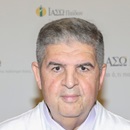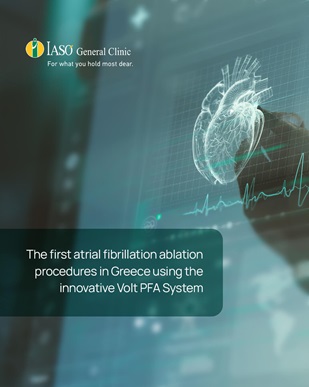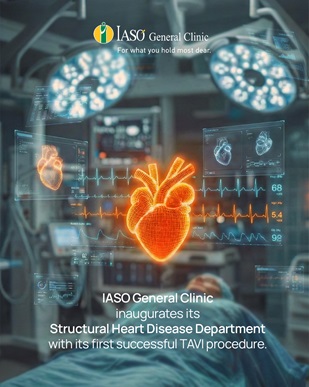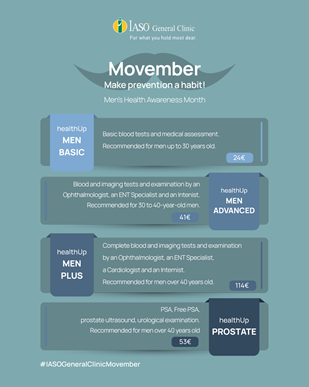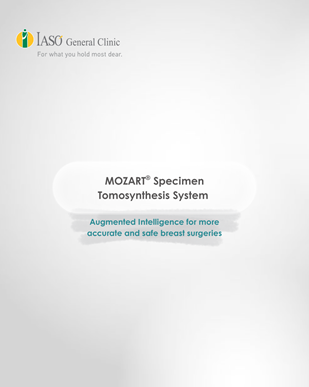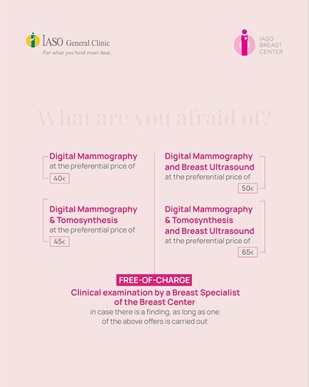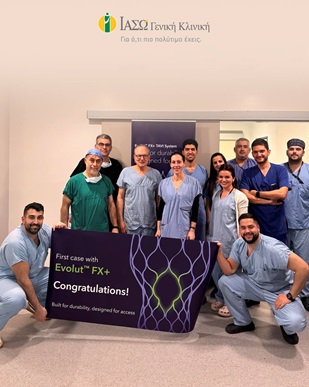
Cytology
Diagnostic Department
The IASO Cytology Lab is the largest hospital lab in Greece in terms of number of tests performed per year on gynecologic specimens (45,000-50,000 specimens).
It is staffed with Cytologists with long experience, and fully-trained lab technicians and administrative staff.
Excellent cooperation among the team members, coupled with the belief that we are all links in the same chain, makes the cytology lab team one of the strongest and most adequate within our Hospital.
The Cytology Lab is equipped with the most modern devices and uses the latest technology to perform cytology tests.
Α) GYNECOLOGIC CYTOLOGY
- Conventional Pap Test
- Liquid Based ThinPrep Pap Test, which may then be examined by the Molecular Biology Department, for detection and typing of HPV (DNA, mRNA), as well as for detection of sexually transmitted diseases using the PCR method.
B) GENETIC CYTOLOGY
- Cavity fluids
- Peritoneal cavity lavage
- Pleural fluid
- Ascites fluid
- Pericardial fluid, etc.
- CSF
- Urine
- Nipple discharge
- Skin lesion and mucous swabs
ENDOSCOPIC SPECIMENS
A) Bronchoscopy
- ΤΒΝΑ
- BAL (bronchoalveolar lavage)
- Bronchial lavage and brush
B) Esophagoscopy
- Gastric fluid
- Stomach/Esophageal lesion brush
C) ERCP
- Biliary/Pancreatic duct lesion brush
- Pancreatic neoplasm specimens
FNAC
Fine-needle aspiration specimens from cystic and solid lesions, in superficial or deep organs, under imaging guidance:
- Breast
- Thyroid
- Salivary glands
- Lymph nodes
- Lungs
- Intra-abdominal organs (liver, pancreas, etc.)
Cell Block (paraffin-embedded specimens)
Using the cell-block technique, which is applied to almost all specimens originating from the General Hospital, it is possible to perform immunocytochemical techniques on monoclonal antibodies, assisting in more precise diagnosis and, by extension, individualized treatment of patients.
Cytology makes a decisive contribution to the prevention, diagnosis, treatment and follow-up of patients





